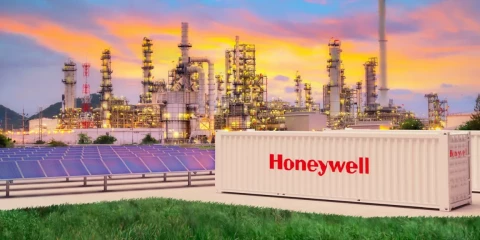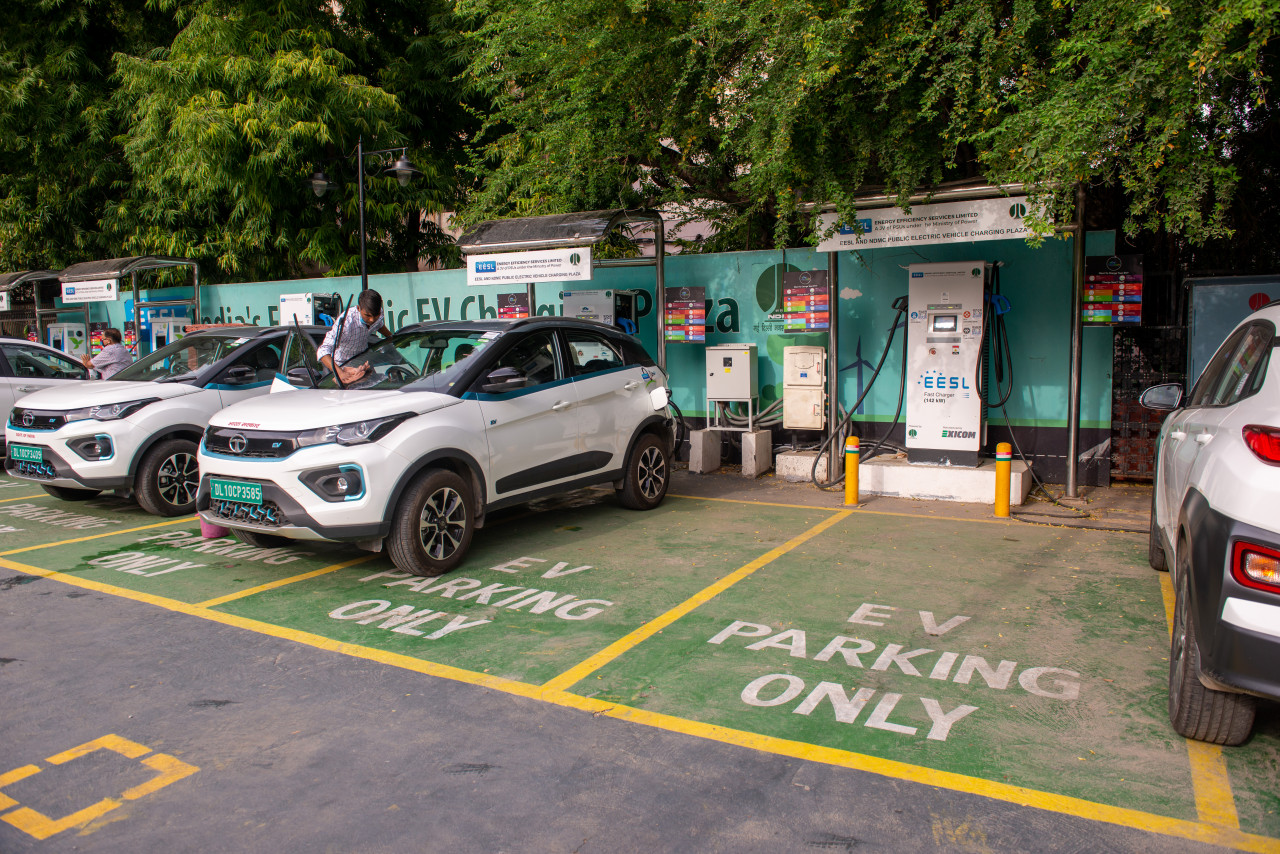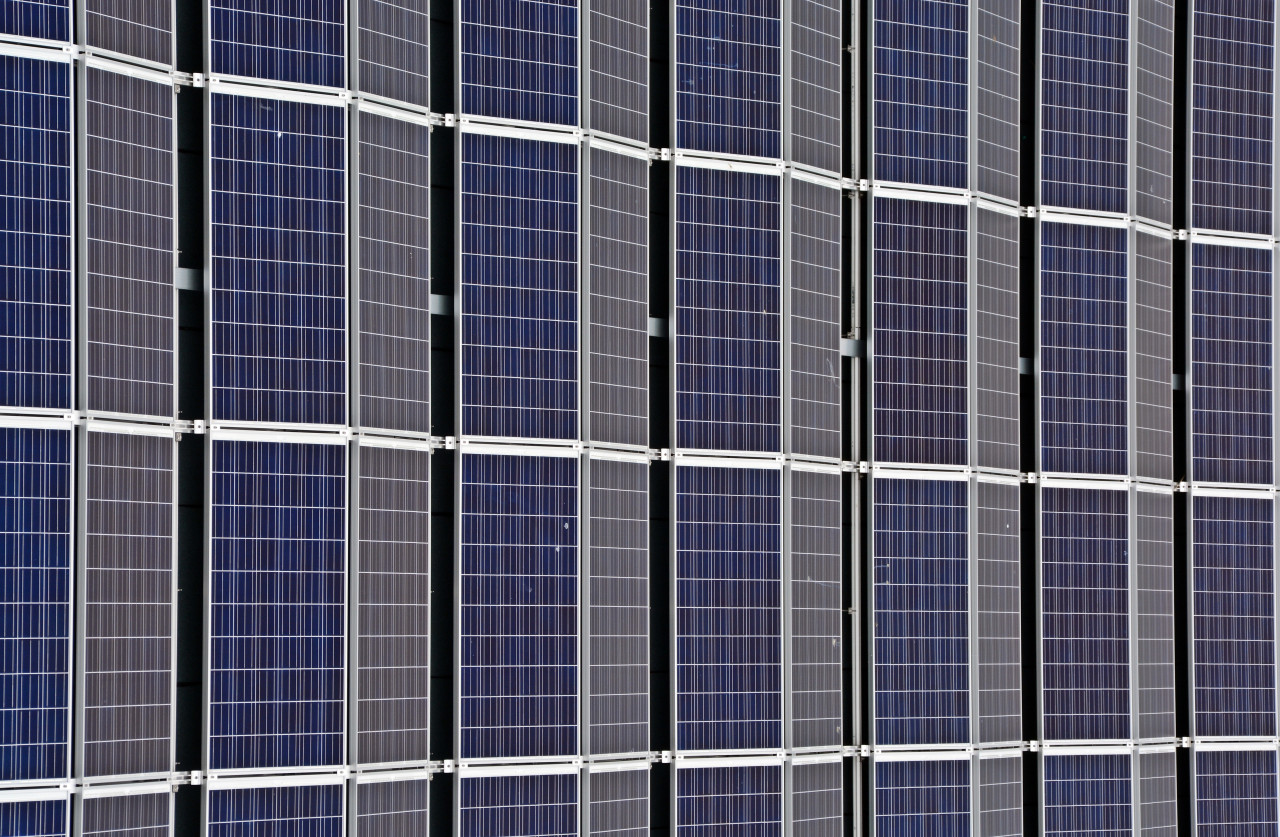Extend FAME-II and bring back e-2W subsidy, says Indian panel
India's Parliamentary Standing Committee on Industry has recommended the government extend the Faster Adoption and Manufacturing of Electric Vehicles (FAME-II) subsidy scheme by three years, among other measures designed to boost adoption of electric vehicles in the country.
"In order to facilitate the transition momentum to electric mobility, broaden the scope and extend the FAME-II Scheme for at least three more years. In order to decarbonize the transport sector, efforts should be made to set a deadline for making the transport sector in the country mandatorily electric," the report said. The committee also emphasized the need to include private four-wheelers and quadricycles in the scheme.
The FAME-II scheme is set to end by March 31, 2024, but industry stakeholders, including the India Energy Storage Alliance's (IESA) India Electric Mobility Council (IEMC) have submitted petitions to the Union Ministry of Heavy Industries seeking its extension and conducted industry outreach on the issue.
In a nutshell
- Extend FAME-II by three years; restore subsidy for e-2Ws and include private e-4Ws and quadricycles in the scheme
- Study feasibility of battery standardization and formulate battery swapping policy, mandate use of EVs in public transport, logistics, and delivery sectors
- Bring EVs under Priority Sector Lending targets until 30% penetration is achieved, reduce GST on li-ion battery to bridge affordability gap
The panel has also suggested a reduction in GST tax rates to make vehicles more affordable. "Government should explore the possibility of shrinking further the GST on lithium-ion batteries," it said, adding "There is a need to address the issue of GST for manufacturers as well to reduce the high cost."
Noting the challenges associated with financing the EVs, it suggested bringing them under the Priority Sector Lending (PSL) category until the 30 percent penetration target fixed for 2030 was achieved.
The report mandates EVs in public transport, logistics, and delivery sectors. The committee raised concerns about the government's decision in June to cut subsidy for electric two-wheelers, and urged restoration. It also recommended the government conduct a study regarding the feasibility of battery standardization and formulate a stable battery swapping policy for the country, which would help increase customer confidence and attract foreign direct investment in the sector.
The panel acknowledged that pollution remained a significant concern and emphasized the importance of transitioning toward sustainable practices. Towards this, it mooted the establishment of solar-powered EV charging stations to maximize decarbonization benefits from the e-mobility transition.





















